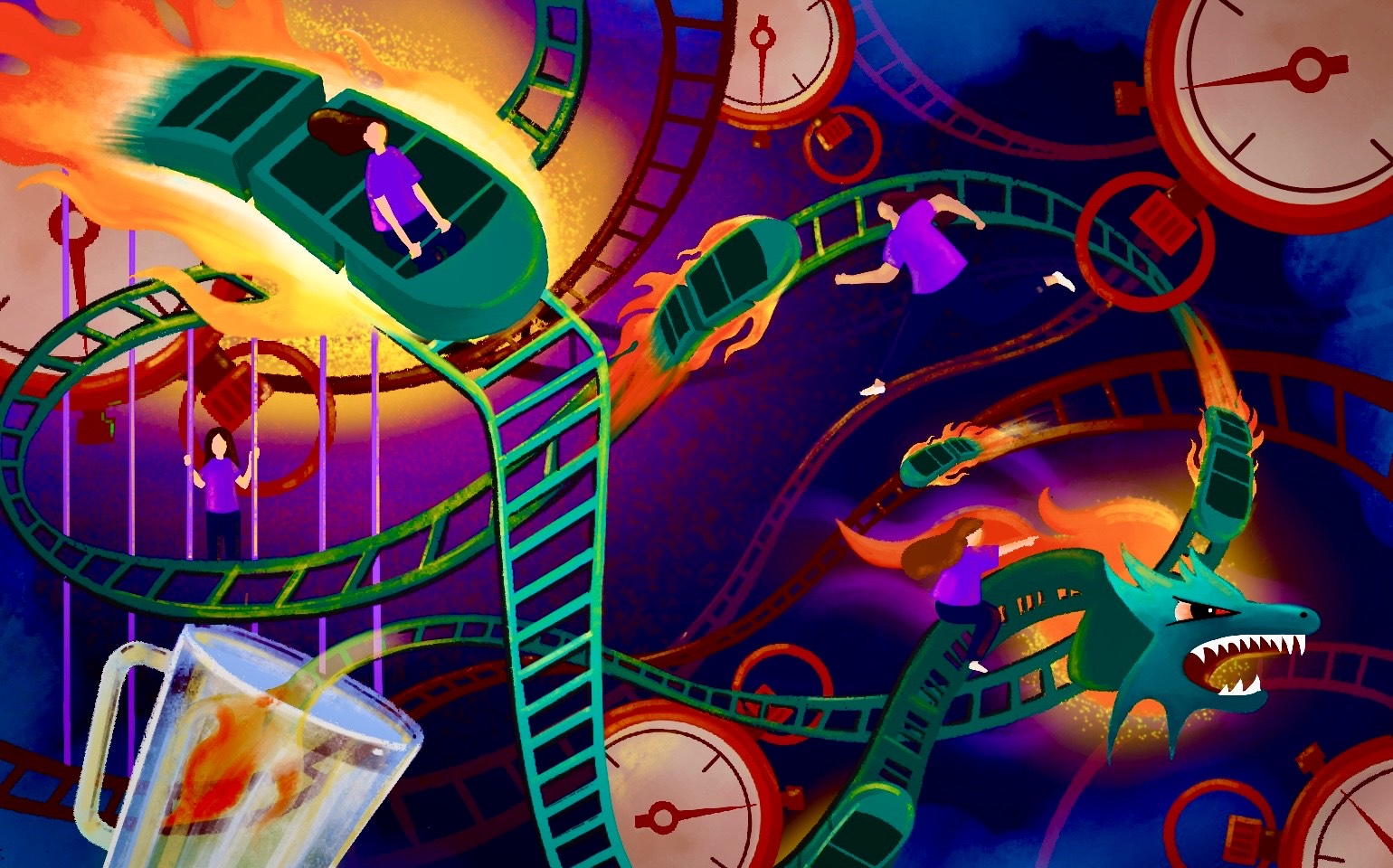
Failure Happens for a Reason
Failure. It’s one of the ugly truths of life and chances are you’re familiar with it. Simply put, there isn’t a seat for everyone around the table of the “success.” Often times, you may be turned away not due to any fault of your own, but rather because a peer was so fantastic, they were chosen over you. In light of failure, life can seem cruel and unforgiving, but I can assure you that it couldn’t be farther from the truth.
I’ve had my fair share of rejection–it hurts a lot. When applying for a private school, I wasn’t accepted at my first choice. More recently, I auditioned for my school high-level jazz band where I also fell short. When the news broke for each of these instances, the first thing I did was bawl my eyes out.
Feelings of inferiority, self-deprecation, futility, and anger shook my mind and I isolated myself so no one would see me cry (at least for an hour or so). For the next week, it weighed on me and I would become sad at the mention of it. Soon, I recovered, but it had been a week of disappointment.
What surprised me is what happened in the following months. Despite failing to make my first choice, I had miraculously been accepted by my second choice school. Though I didn’t realize it then, my initial failure had been the best thing to ever happen for my schooling. After a happy five years at this same school, I wouldn’t dare change the outcome of that long-gone application process.
Another thing I’ve discovered is the value of hard work in preparing for these tasks, not because it increases your chances of success, but rather because it leaves you feeling satisfied regardless of the outcome.
In my experience, when you slave away practicing an instrument or sport in anticipation for an audition or a meet, you will not only come out well-prepared but with pride for the time you’ve dedicated to it.
Only with hard-earned pride can you recognize the true value of your practice and when you’re able to do so, your results become secondary. Afterwards you feel useful and intentional, emotions that are incredibly rewarding.
Similarly, if you don’t put enough work into preparing, you may have unrealistic expectations and be more afflicted if you don’t succeed. Failure is a terrifying prospect if you perceive that you’re working hard for something; a situation in which your effort will be “wasted” is devastating. This is not to be confused with a challenge that you don’t put any effort into or don’t care about. You must exert enough effort that you feel committed, but not enough to feel confident. Though easier said than done, the solution for a dilemma like this is to respond with vigour and to practice until you’re proud of what you’re doing; then you will no longer be afraid of rejection. Since larger scale, more decisive events are more unnerving, it is only natural that they should require more effort.
This is where my jazz band story applies; I had inadequately prepared for the audition, cared a great deal about its result and thus took it poorly when I didn’t make it. Barred from the higher-level band, I unenthusiastically compromised with the audition-free lower level group.
The year turned out to be surprisingly valuable, as I covered the first trumpet parts for my section and gained experience I would have otherwise missed. When auditions (to the higher-level jazz band) were again announced, I applied what I learned from my previous mistake. Every day, I would practice the sheet music until I knew it so well that I no longer cared about the outcome. I developed pride not only for the time I’d spent preparing but for my instrument. Needless to say, when the day of the audition came, it went a lot better than the first time.
Allow me to conclude by saying that everything happens for a reason. Yes, failure is tough. But, even if you’re feeling inferior, useless, angry, or disappointed, remember that regardless of the outcome, your effort has value and that in the end, you won’t regret it.



